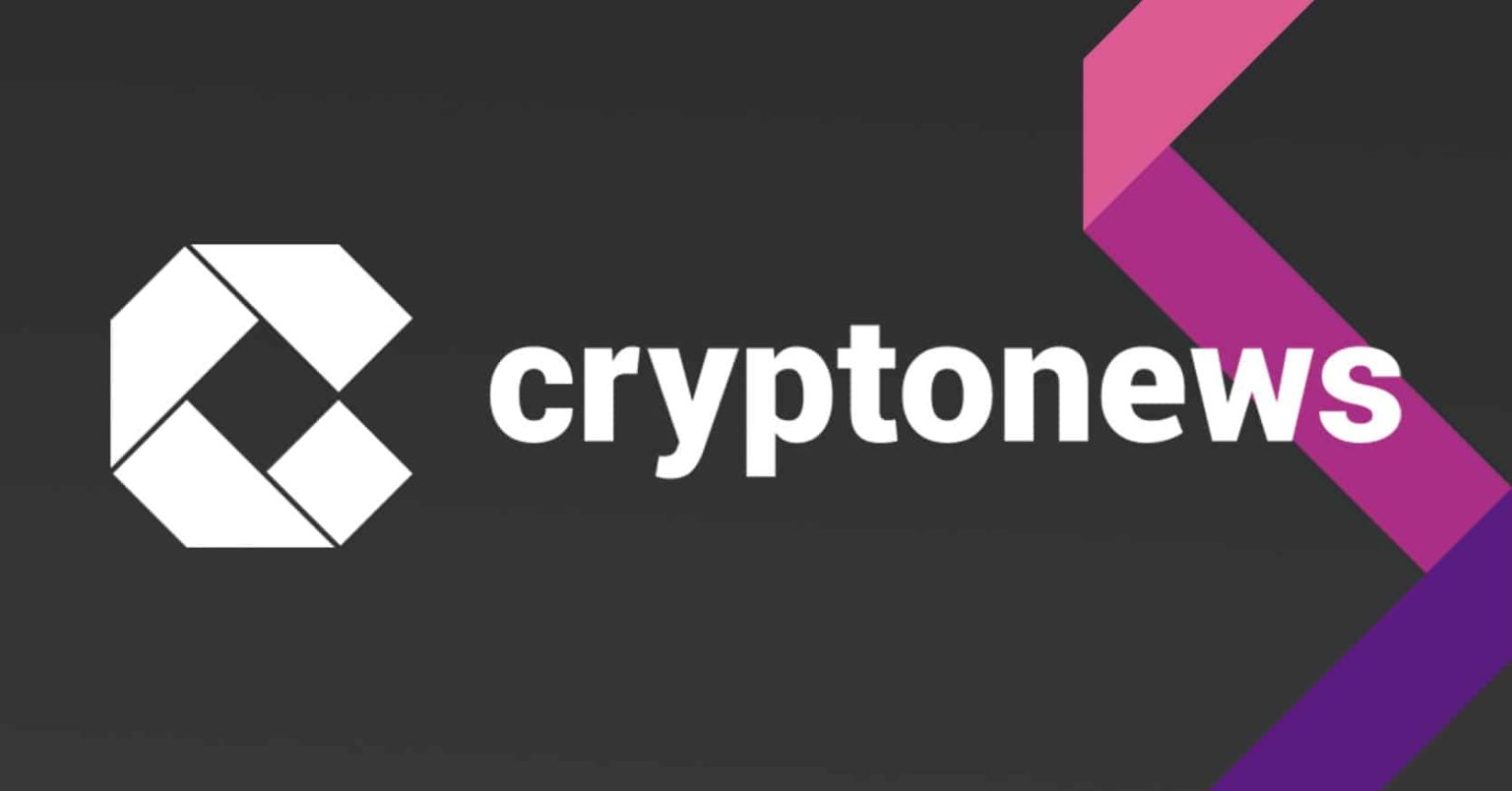Ethereum is a decentralized platform that allows developers to build and deploy smart contracts and decentralized applications (DApps). It was launched in 2015 by a group of developers led by Vitalik Buterin. Ethereum has gained popularity for its ability to provide a platform for developers to create innovative applications and services on top of the blockchain technology.
One of the key features of Ethereum is its smart contract functionality, which allows developers to create self-executing contracts that automatically execute when certain conditions are met. This feature has paved the way for a wide range of applications, including decentralized finance (DeFi) applications, supply chain management, and identity verification solutions. Ethereum’s native cryptocurrency, Ether (ETH), is used to pay for transactions on the network and incentivize miners to secure the network.
Ethereum has a strong community of developers, enthusiasts, and users who are constantly working to improve the platform and develop new applications. The platform is open-source, meaning that anyone can contribute to its development and build on top of it. This has led to a vibrant ecosystem of projects and applications being built on Ethereum, ranging from decentralized exchanges and lending platforms to gaming and social networking applications.
The Ethereum network is powered by a global network of nodes that validate transactions and secure the network. This decentralized network ensures that the platform is resistant to censorship and external control, making it a popular choice for projects that value decentralization and security. However, the Ethereum network has faced scalability challenges, with high transaction fees and slow confirmation times during periods of high demand.
To address these scalability issues, Ethereum is currently undergoing a major upgrade known as Ethereum 2.0. This upgrade will transition the network from a proof-of-work (PoW) consensus mechanism to a proof-of-stake (PoS) mechanism, which is expected to significantly increase the network’s capacity and improve its scalability. Ethereum 2.0 is being rolled out in multiple phases, with the final phase expected to be completed in the coming years.
Overall, Ethereum continues to be a leading blockchain platform for decentralized applications and smart contracts. With its strong community, innovative features, and ongoing development efforts, Ethereum is well-positioned to remain a key player in the blockchain space for years to come. Keep up with the latest Ethereum news to stay informed about the platform’s developments and opportunities for developers and users alike.


